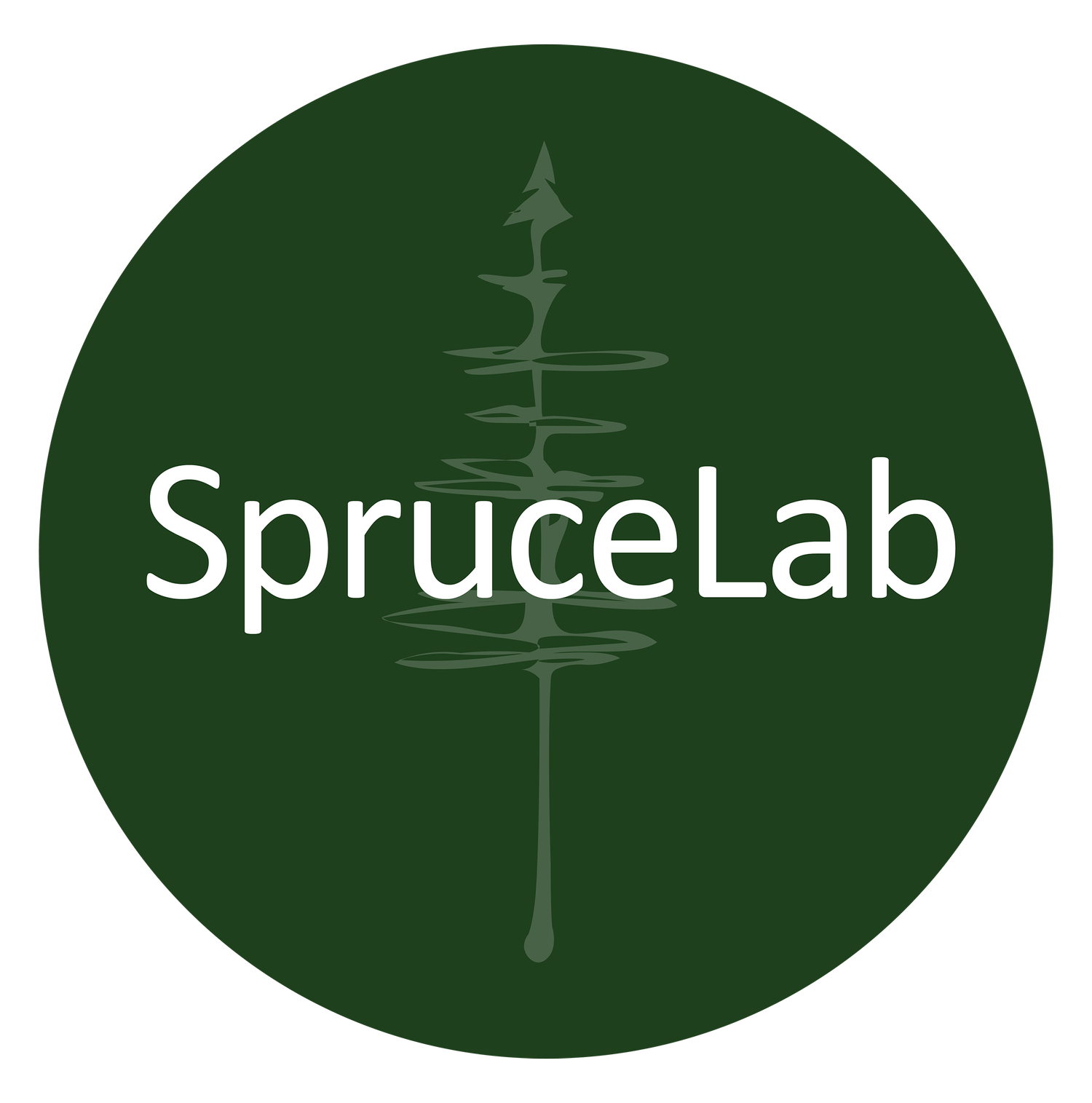Worldview Bridging: Improving Indigenous Engagement
OPPI21 Conference Talk | October 20, 2021
As someone who does land-based work, what is your decolonization plan? What skills, knowledge, and relationships do you need to better bridge worldviews with Indigenous Treaty Rights holders and Peoples?
SpruceLab Principal, Sheila Boudreau, recently spoke at OPPI21 Conference on how planners can improve Indigenous engagement in their work, such as in the environmental assessment (EA) process. She invited and spoke alongside colleagues Gary Pritchard (member of Curve Lake First Nation, Principal at 4 Directions, biologist, and a leader in training and thinking about Indigenous engagement), Lisa Prime, RPP (Founder of PRIME Strategy and the new Chief Planner at City of Cambridge), and Nadia Dowhaniuk (PRIME). Each shared their unique perspectives and experiences, followed by an open ‘fireside chat’, with the hopes of inspiring planners to consider how to improve working with Indigenous people in their own professional practices.
Western land use practices lead to Indigenous separation from land and compromised ecosystem health, even when best management strategies are used. Typically, planners also lack an understanding of essential actions necessary to honour Treaty relationships in formal planning processes, required to make effective land use decisions. This session invited participants to join in an interactive conversation grounded in two questions: How can planners work better with Indigenous Peoples? How can this be done through the environmental assessment (EA) process?
“You need to have the right people doing this work. They need to be bridge builders, have deep listening skills, and they need to park their ego at the door.”
- Sheila Boudreau, RPP, MCIP, Principal, SpruceLab Inc.
In this open ‘fishbowl’ discussion, important conversations were had on cross-cultural competencies required to do meaningful engagement, the legal reality of Treaty Rights Holders, and the need to be present, accountable, and responsible during engagement, even when you don’t have answers to questions (e.g. Avoiding using the standard line: “I need to bring this back.”).
“We bring up a right you don't know about as planners, and you bring it back, and nothing happens... Part of ethical space in conversation is not about Duty to Consult, it’s about relationship building.”
- Gary Pritchard, 4 Directions of Conservation
“As professionals, we need to think about engagement well before we enter the room. Learn about the protocols of the First Nation, do your homework, do your research... Planners can’t defer to archaeologists (with preexisting relationships) to do this for them.”
- Sheila Boudreau, RPP, MCIP, Principal, SpruceLab Inc
By speaking at conferences like this, to lead thinking around discussions regarding Indigenous engagement in planning and allied fields, SpruceLab works to fulfil part of our mission to decolonize professional practice, and bring to the forefront our responsibilities to Indigenous Peoples and First Nations.
Read more about the conference talk here.



